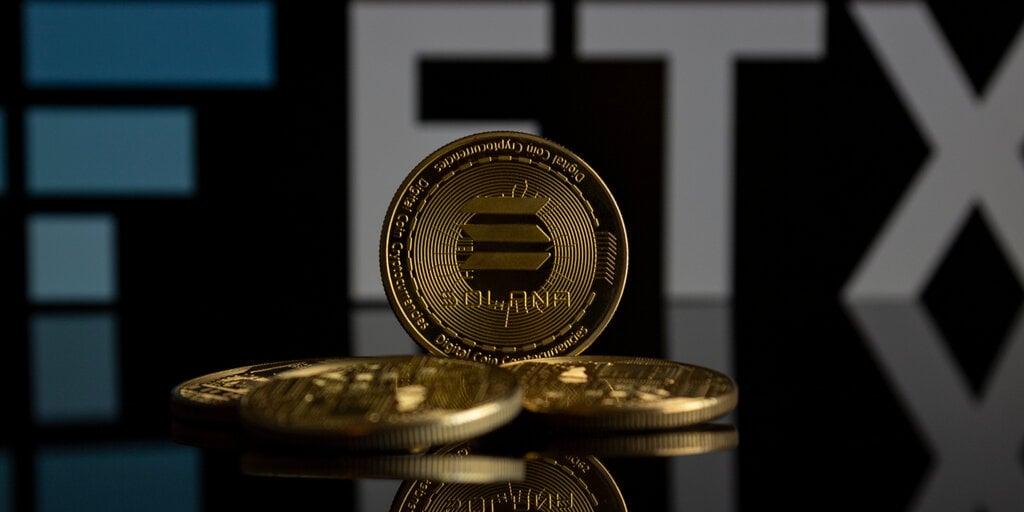The Future of XRP Trust: From Grayscale to ETF
Introduction
Grayscale, a prominent digital asset management firm, has recently made headlines with its application to convert its XRP Trust into an Exchange-Traded Fund (ETF). This move has been officially acknowledged by the U.S. Securities and Exchange Commission (SEC), signaling a significant milestone in the world of cryptocurrency investment. However, it is important to note that this acknowledgment does not guarantee approval, and the SEC’s legal battle with Ripple adds another layer of complexity to the situation.
An Enormous Message
ETF analyst Nate Geraci has described Grayscale’s application as sending an “enormous message” to the market. This move comes at a crucial time, as the SEC is currently embroiled in a legal dispute with Ripple over the classification of XRP as a security. The SEC recently filed an appeal in the ongoing case, further complicating the regulatory landscape for XRP and other digital assets.
The Impact on Individuals
As an individual investor, the potential approval of Grayscale’s XRP Trust ETF could offer new opportunities for exposure to the digital asset. ETFs are known for their ease of access and diversification benefits, making them an attractive option for both retail and institutional investors. If approved, the XRP Trust ETF could pave the way for increased mainstream adoption of XRP and other cryptocurrencies.
The Global Implications
On a global scale, the approval of Grayscale’s XRP Trust ETF could have far-reaching implications for the cryptocurrency market. ETFs are widely regarded as more transparent and regulated investment vehicles compared to other forms of cryptocurrency investment. This increased legitimacy could attract new investors and capital into the market, potentially driving up the value of XRP and other digital assets.
Conclusion
The SEC’s acknowledgment of Grayscale’s application to convert its XRP Trust into an ETF marks a significant milestone in the world of cryptocurrency investment. While approval is not guaranteed, the move is seen as a positive step towards mainstream adoption of digital assets. As the regulatory landscape continues to evolve, investors should stay informed and cautious when navigating the ever-changing world of cryptocurrency investments.





